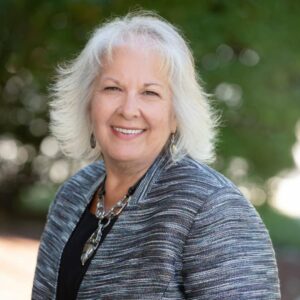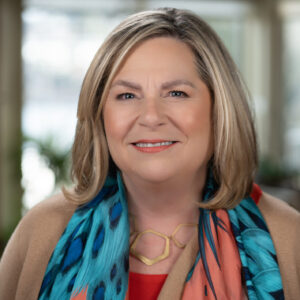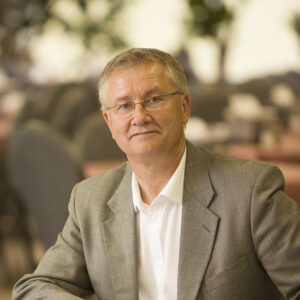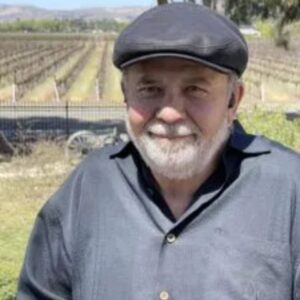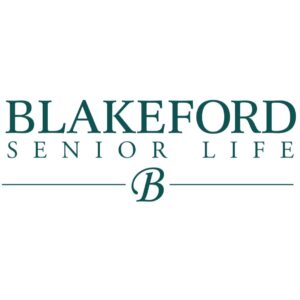Assisted living from an international perspective
Chile is aging rapidly. Peter Dragicevic Guerra and Rodrigo Neira Salas already know that. "The demographics and cultural tendencies are changing because people are realizing they can't take care of the aging population, and caregiving is becoming more expensive," says Dragicevic Guerra, commercial manager of Villa Soleares, a five-building memory care and skilled nursing facility in Santiago, Chile, started by his father and Neire Salas' father.
LTL: What brought you here?
Dragicevic Guerra: In the United States, this business has been growing for years. We are taking this as examples of what we can replicate back in South America. It's a smaller market, but it's tending to grow a lot faster in the past 10 years or so.
LTL: It sounds like a two-fold situation: Chile is a rapidly aging community, and families are struggling to care for their aging loved ones.
Dragicevic Guerra: Exactly. The tendencies of families in South America, especially in Chile, are changing. They are starting to understand that you can't take care of your loved one in your own house. Mother and father are working, so they can't take care of them anymore. Caregiving is getting more and more expensive. And culturally in South America, there is this sense of trying to take care of their loved ones until they can't do it anymore or until they die. That is changing also very fast because nursing homes are giving such good care. People are beginning to understand this is a good solution for them and their families.
LTL: How is the cultural perception changing? How are people coming to realize that a nursing home is an option, maybe even the best option, for their loved ones?
Dragicevic Guerra: The family nucleus changes a lot when you have a loved one with Alzheimer's or dementia to the point that you are not having a good life anymore. Then what you try to do is you try to seek help. The option is to hire somebody who is going to your place and take care of your loved one when you can't, but that's getting more expensive. That's when they reach out and they investigate. Families are starting to research online and see these services work. That's the moment that their perception changes and they're like, "OK. Maybe we should go and see. Maybe we should try this. This is what they're doing in developed countries."
LTL: You mentioned researching online. Can you tell me about your marketing and how do you get referrals?
Neira Salas: We don't do much marketing. We don't want to show to the families we are a commercial house. We prefer to feel like a community.
Dragicevic Guerra: If you keep the business right, then it's going to sell itself. That's what Villa Solares has been doing this whole time. Mouth to mouth is our best marketing so far. That's because we do a good job. I think this stigma of abandoning or betraying your loved one is going away because of what they see that we do.
LTL: How long has your facility been in business?
Dragicevic Guerra: We've been there for 33 years, since 1983. Our parents started this business. His (Neira Salas') father and grandfather started this business with my father. They retired last year, and my father is retiring this year. We are taking their positions.
LTL: How is your facility funded?
Dragicevic Guerra: It's totally private just like some of the high-class residences here. They are supported by their savings and by their family members, their adult children. We're trying to involve the government for us to reach different markets, but before that, we need to grow. We can't talk them into helping us do a whole new program if we have 190 patients. We have to have 1,000 patients. That's what we're trying to get.
LTL: Are there more people using home healthcare than long-term care facilities?
Neira Salas: Right now, I think the family is learning about this transition from the home to the community. They know that we are doing a good job and doing things better than in the house.
LTL: What did you take away from the conference?
Neira Salas: First of all, I think we want to improve our sales process. We want to improve how we include family inside our community in the first stage, maybe have a little meeting or reception with the team. (We learned) what strategies exist here to keep the places full and to keep the occupancy rates high. I think as a site don't give so much time to that. The other thing is we want to improve our website, maybe add an online chat box and testimonials.
Dragicevic Guerra: We went to "Managing Your Brand Ambassadors: Performance That Rocks." That was great because it showed us the value of choosing wisely for your workforce. It's not just about choosing somebody because of their resume. It is also what you see in their personality and many other characteristics that maybe you can only tell during the interview (like) if that person is compassionate about and loves what they do. That's way more important than if they have three or four years of experience. That's what we try to value. We also went through the virtual dementia tour.
LTL: What did you think of the virtual dementia tour?
Neira Salas: It was a great experience because you really can feel how the people with dementia live and feel. For example, you feel insecure and anxious.
Dragicevic Guerra: We didn't know that they were feeling that. It's very important for the caregivers to understand the behavior of dementia patients so they can improve their quality of (care) and be compassionate and patient. We're trying to learn that so we can replicate that and share with our team. That is going to help us improve the process in which the caregiver takes care of the patient.
LTL: What ideas would you like to implement at Villa Soleares?
Dragicevic Guerra: Better workforce training processes so it's easier for bosses to teach them and train them. We're trying to remember everything because everything seems interesting. We're learning from the best. We're definitely in the path. We're not far from them, but we have many things that we've learned here that we have to improve. Also, simple things as products like ergonomic mugs where they can drink and software that can communicate with families the activities that they do. That's very interesting and not expensive to apply.
LTL: With regard to workforce development, are there any sort of formal training, certification or licensure boards in Chile?
Dragicevic Guerra: We created our own Alzheimer Institute. We created our own process and run two courses per semester for 50-60 caregivers.
LTL: Do you have anything else planned during your trip?
Dragicevic Guerra: We visited a Brookdale community. We're going to a Balfour one tomorrow because the CEO (Michael Schonbrun) invited us. What he showed us in the presentation (Award Winning Memory Care Design) was what they're doing to change the shower, the fish tanks in the middle of the living rooms that can attract also the attention of the grandkids who go and visit their grandparent. There's a lot of new things that we maybe could consider. Most of the things are similar to what we are doing, but it may make more sense for us to do, for example, build a bathroom in a way that will help two people move around and the shower faucet at the same level as the resident washing routine. It was also helpful to see how we can paint the facilities, how we can decorate them.

Nicole was Senior Editor at I Advance Senior Care and Long Term Living Magazine 2015-2017. She has a Journalism degree from Kent State University and is finalizing a master’s degree in Information Architecture and Management. She has extensive studies in the digital user experience and in branding online media. She has worked as an editor and writer for various B2B publications, including Business Finance.
Related Articles
Topics: Articles , Executive Leadership , Facility management , Leadership


